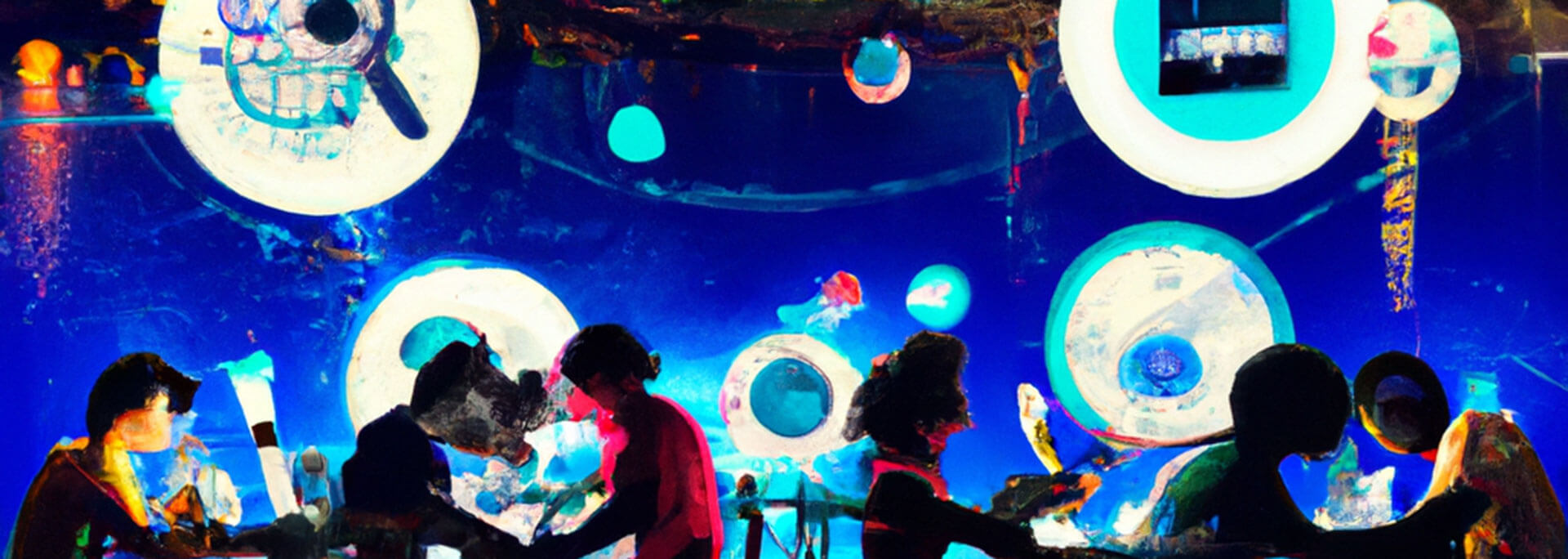
Imagination and futures thinking for K12
Future focused research question
How can we best prepare youth to think critically about and take agency for their futures?Description
Why does every school teach history but hardly any have courses on the future? This project seeks to establish a working group around futures thinking and foresight in K-12 education with an aim of building community and developing an interdisciplinary program of research.
Achievements:
- Futures Thinking & Imagination in K12 Education LFC Annual Report 2022-2023 (PDF)
- NSF AISL proposal involving 5 LFC faculty submitted January 2023
- AERA Workshop/conference proposal involving 5 LFC faculty submitted March 2023
- Initiating a collaborative relationship with the Guadalupe community to co-create an intergenerational community futures project
- Futures games infrastructure project initiated – planning for pilot implementation summer 2023 with graduate student support
Readings discussed in LFC ‘Journal Club’
https://www.frontiersin.org/articles/10.3389/fpsyg.2023.1275942/full
Gidley, J. M. (2017). The future: A very short introduction. Oxford University Press. (Amazon)
Pendleton-Jullian, A., & Brown, J. S. (2016). Pragmatic imagination. (Amazon)
Harjo, L. (2019). Spiral to the stars: Mvskoke tools of futurity. University of Arizona Press. (Link)
Members
Ruth Wylie
Assistant Director, Center for Science and the Imagination and Associate Research Professor, MLFC
Danah Henriksen
Associate Professor, Education Leadership, MLFC
Michelle Jordan
Associate Professor, Learning Sciences, MLFC
Steve Zuiker
Associate Professor, Learning Sciences, MLFC
Ed Finn
Director, Center for Science and the Imagination
Bob Beard
Program Manager, Center for Science and the Imagination
Maria Teresa Tatto
Professor, MLFC
O. Matthew Odebiyi
Assistant Professor, MLFC
Laura Cechanowicz
Assistant Professor, School of Arts Media and Engineering
Bregje van Geffen
PhD student, MLFC
Kevin Brown
PhD student, MLFC
Rebekah Jongewaard
Roya Fathalizadeh